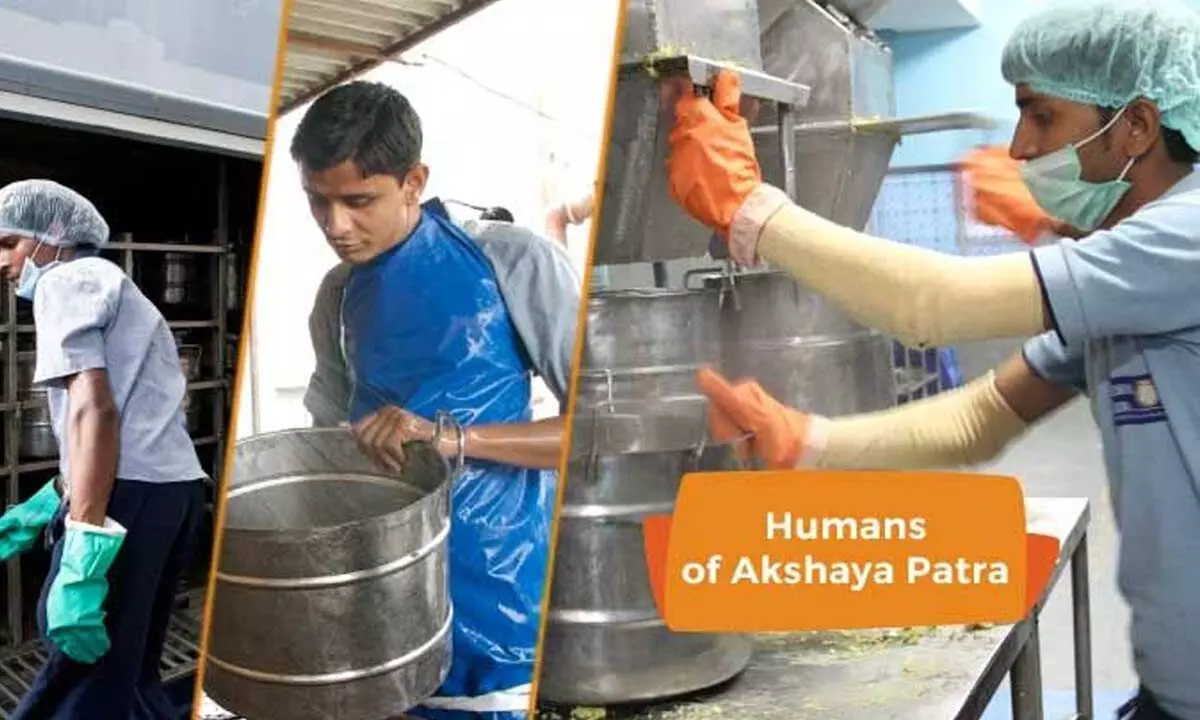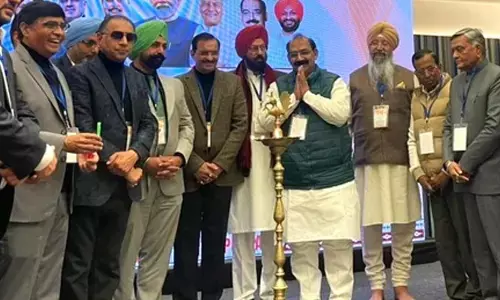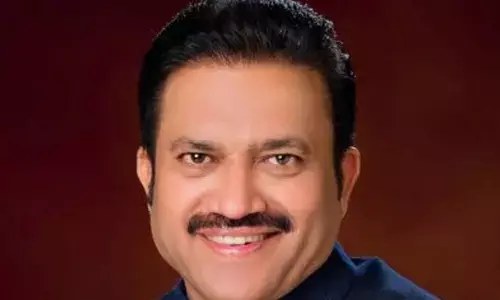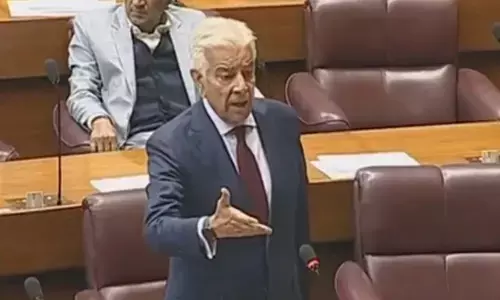Creating wealth, impacting society

Creating wealth, impacting society
Finance Minister Nirmala Sitharaman said, "Those who create wealth are India's wealth."
Finance Minister Nirmala Sitharaman said, "Those who create wealth are India's wealth." This clearly defines the vision of the government that the wealth generation is the driving force to boost the economy. But, why is entrepreneurship the way to get the economy rising? The only answer to this is 'INEQUALITY IN THE ECOSYSTEM.'
When the inequality persists, there is an uneven distribution of wealth and the state of poverty remains stagnant. Covid-19 has not only increased the gap of inequality by creating deflation in 2019-20. Further, scams such as Nirav Modi, King Fisher, and many others also contributed to lack of wealth circulation, adding to inequality.
Wealth inequality is a global issue that has been around for centuries. The distribution of wealth in society can be measured by looking at the Gini coefficient. The Gini coefficient ranges from 0 to 1, with 0 being perfect equality and 1 being perfect inequality. The United States has a Gini coefficient of 0.45, which means that there is still a lot of work to be done when it comes to reducing wealth inequality in America.
Wealth inequality is not just an issue of the rich getting richer and the poor getting poorer, but it is also about how wealth is distributed among different groups in society. The top 1% of households in America own 40% of all wealth, while the bottom 90% own just 7%. Inequality can be seen in many other countries as well, such as China, India, and Brazil.
In India, the inequality has increased due to some negative trends of the distribution of income and to bridge this divide, there is no other way but to promote entrepreneurship. A true entrepreneur even gives back to the government. One of the classical examples of entrepreneurship is Akshaya Patra, an NGO runs by some intellects and monks. This NGO comes with a vision "We believe it is important to have a mind of a corporate and heart of a not-for-profit. This makes an NGO efficient."
The NGO has lived up to its mission of reaching 5 million children by striving to enhance its initiatives with solutions focusing on food and nutrition security for children.
Business model Akshaya Patra
It works on private-public partnership (PPP) model. Civic society participation in nation-building is one of the important aspects of the government's mid-day meal programme. The NGO has successfully garnered funds with its intent of social impact for the country and creating some benchmarks for other NGOs and entrepreneurs in their business models as revenue generation. Twenty-one years ago, on November 11, 2000, the Akshaya Patra Foundation's first kitchen was inaugurated in Bengaluru. Ever since, they have been striving to make a positive impact on the lives of children by providing them nutritious, hygienic and tasty mid-day meals across India.
As the implementing partner of the GOI's flagship school feeding programme – the Mid-Day Meal (MDM) Scheme – the Akshaya Patra serves over 1.8 million children in 19,039 government and government-aided schools across 14 States and 2 Union Territories. It strives to address the issue of classroom hunger and promote education in the country. Such entrepreneurs create a legacy and also share a good reputation of our country worldwide. During Covid, the NGO provided 22.9 crore meals from March 2020 to February 28, 2022. This was not charity but a collective duty that they did and created some significant benchmarks. By providing one-day mid-day meals they are providing economic support to the families and encouraging families. These children are not deprived of education because of food and are getting ready for the future.
Today this trust is running because of the untiring and relentless work done by its founders and entrepreneurs who begin this entrepreneurship. The sustainability model of their entrepreneurship enabled them to globalize and expand in countries like the USA, the UK, and many other countries also. They also created a positive impact for the country by aiding refugees during Ukraine Russia Crisis by supplying raw materials from their kitchen operating in London.
The entrepreneurial mindset is to create wealth, create jobs, and also to be governed with social impact on the ecosystem to be sustainable in their respective industry. This mindset creates a legacy and survives the governance models and gives a boost to the nation's economy.
In the end, recall what Ratan Tata says: "Businesses need to go beyond the interest of their companies to the communities they serve."
(Writer is is the founder of EvoluTioon Strategies and an Award-winning Leadership Coach. An alumnus of IIM Lucknowrecognized Globally Organisational Culture Champions. She is a Global Speaker and an Ex-Army Officer.








